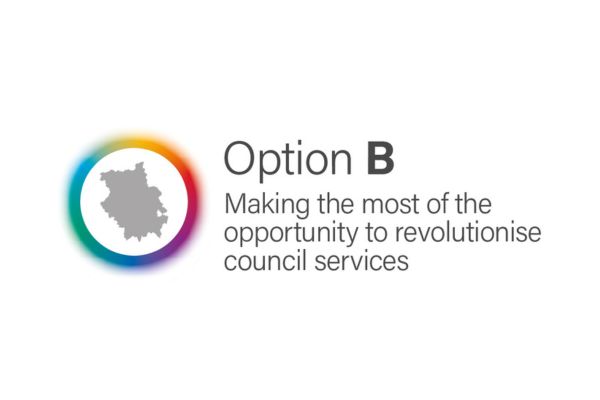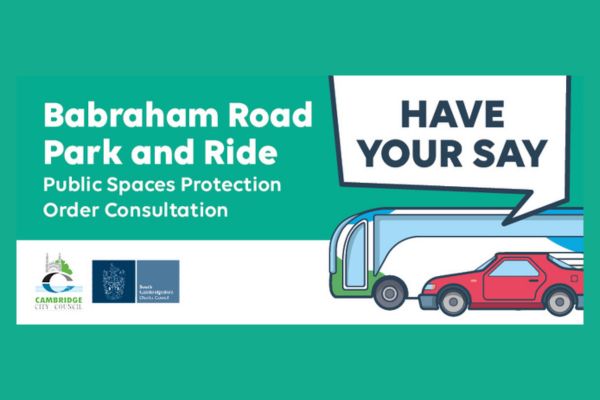You can ask questions or make statements at most council meetings.
Any questions asked or statements made at council meetings must relate to the council, or services provided by or on behalf of the council.
Some meetings are not open to the public as they deal with personal matters.
The full text of any questions being asked must be submitted by email before noon two working days before the date of the meeting.
We may not be able to include your question if you submit it after the deadline.
All questions submitted by the deadline will be published on the meeting webpage before the meeting is held.
If there is time for your question to be responded to within the 30-minute public question time, you can watch a recording of the meeting on our YouTube channel to hear the response.
The following meetings could not be recorded due to technical issues:
- Wednesday 18 September 2024: Joint development control committee
- Thursday 19 September 2024: Planning committee
We apologise for any inconvenience caused.



